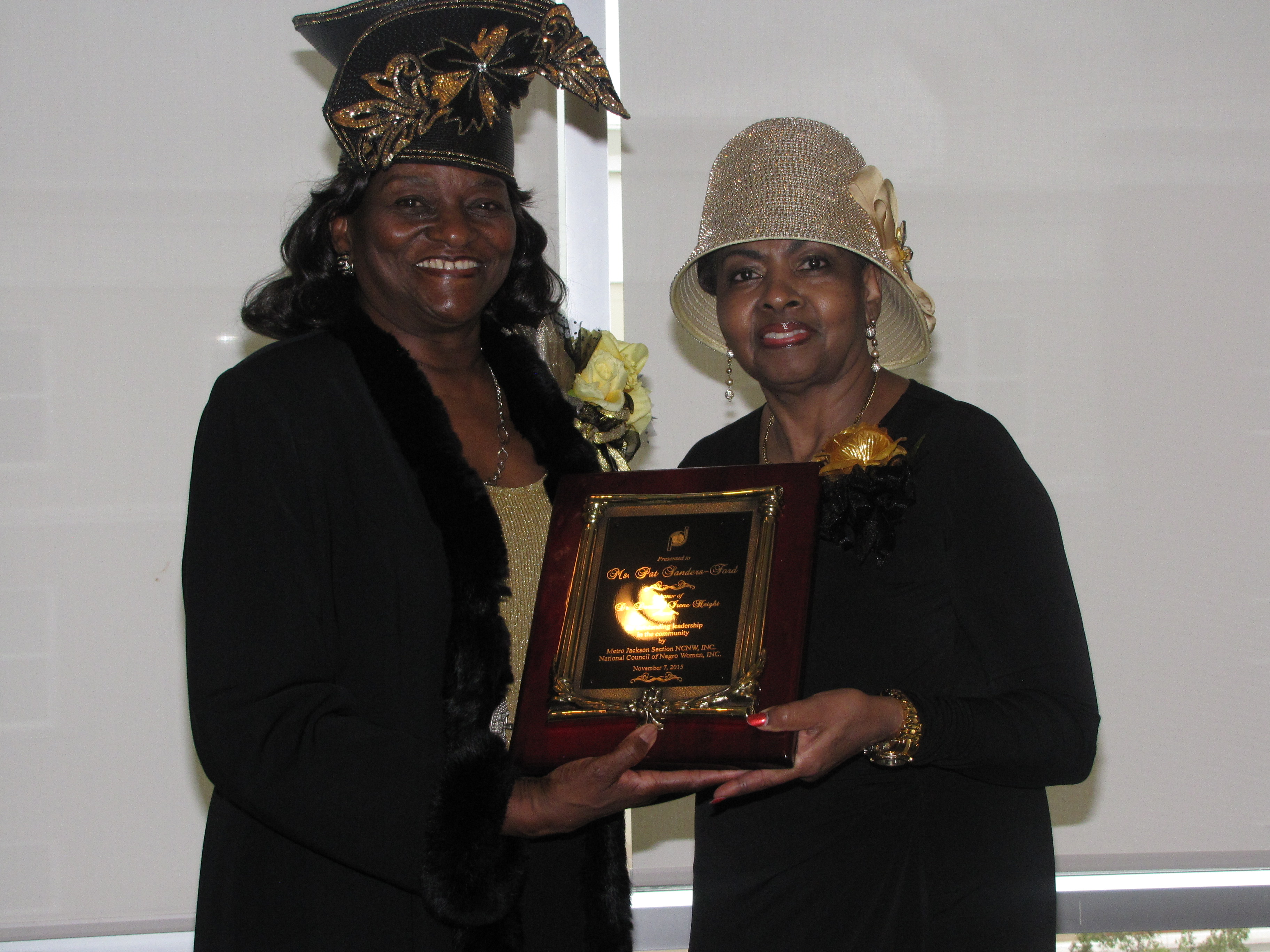
JACKSON – (AP) AT&T has committed $53 million to an effort to bring broadband access to more rural areas in Mississippi.
AT&T Mississippi President Mayo Flynt tells the Clarion-Ledger that the program will target mainly poor and rural areas where broadband is not available.
Flynt said that by the end of the year, the company hopes to bring broadband to more than 30,000 additional households in 170-plus communities throughout its statewide service network.
AT&T is also undertaking a simultaneous expansion of its wireless network.
The money comes from the Federal Communications Commission’s Universal Service Fund, which last year was altered to emphasize greater broadband availability as opposed to its previous focus on voice-based service.
“Previously, the money we received could be spent on technology geared toward voice (service),” Flynt said. “We said, ‘Now we can spend money on something we couldn’t spend it on before.’”
The FCC hopes to bring broadband to 7 million more people in economically disadvantaged areas nationwide by 2017. It plans to spend $500 million to build new broadband networks.
AT&T’s broadband project also will help the state’s economy, said Jim Barksdale, chairman of the Mississippi Broadband Connect Coalition.
“Expanding broadband to all Mississippi residents is not an inexpensive endeavor, and this investment is a great step in the right direction to move Mississippi forward,” he said in a news release.
Flynt said the number of landlines AT&T Mississippi customers’ use has dropped since 2000 from 1.35 million to less than 700,000.
An average of 6,700 landlines were disconnected per month last year, he said, and there are three times as many wireless customers across all carriers in the state than those who use only landlines.




Be the first to comment